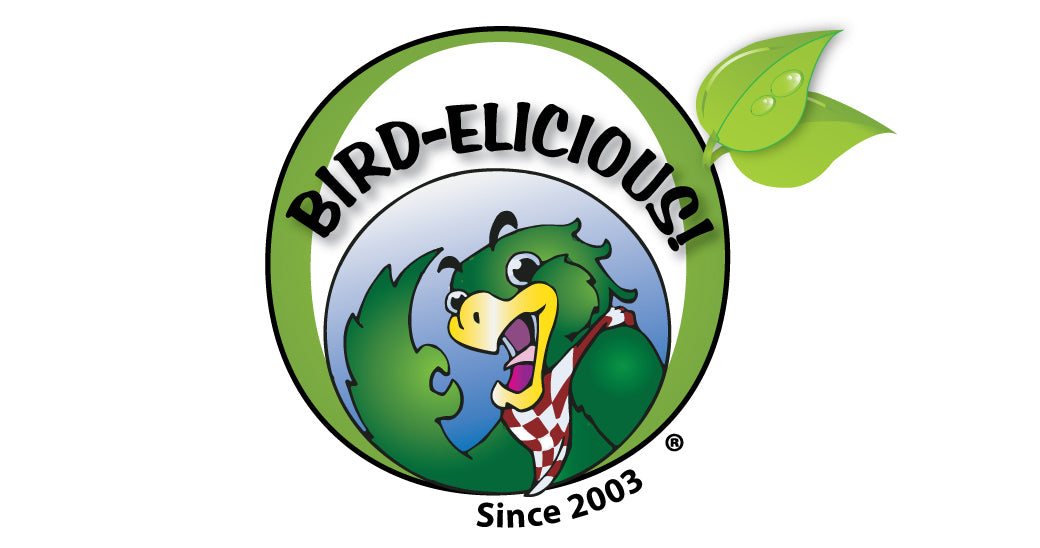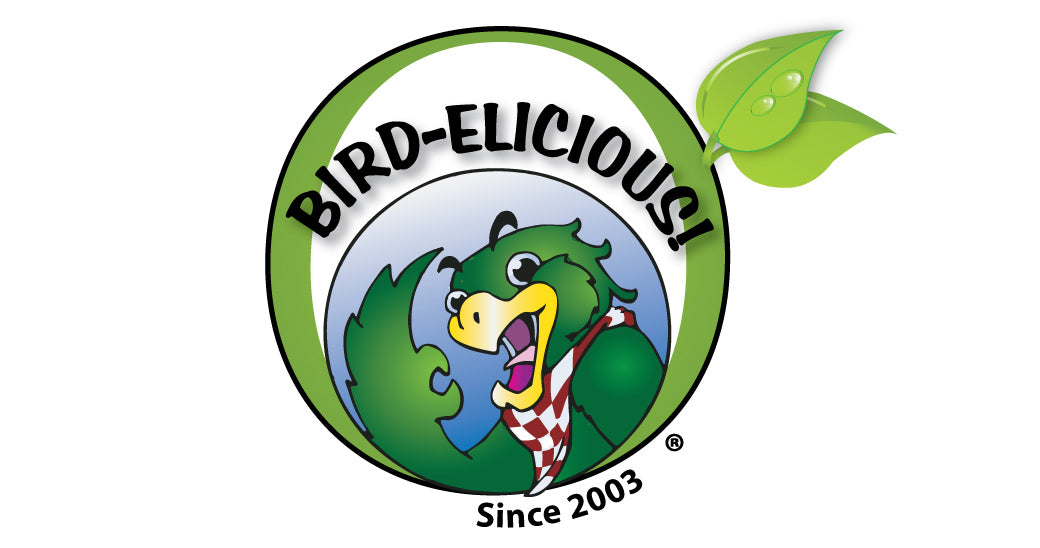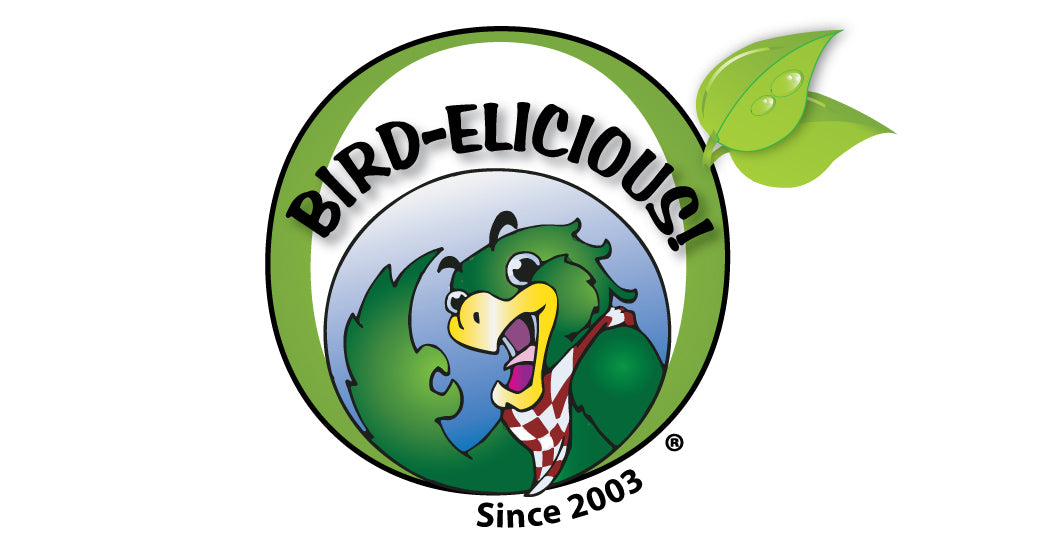Sunflower seeds have really been put down due to the fact they have been over-fed to our exotic birds, but in reality when they are prepared correctly they offer super nutrition!
Let’s sprout them to activate “live” nutrition and find out what’s inside these little gems!
You will want to just-barely-sprout the already-hulled seeds to achieve maximum nutrition. And as always be sure to buy the organic variety. I like to begin by soaking my sunflower seeds overnight in a solution of food grade hydrogen peroxide and filtered water.
I buy my food grade hydrogen peroxide from Living Earth here: http://the-living-earth.myshopify.com/products/498. It comes as a 35% solution that MUST be diluted to 3%. The dilution is 1/8th cup of hydrogen peroxide to 1 gallon of filtered water.
After soaking my sunflower seeds overnight I rinse them well. Drain them and then place them in a stainless steel colander or in a canning jar with a muslin cloth secured with a rubber band so you can rinse frequently. Make sure you rinse several times throughout the day all day. Most likely the seeds will sprout within 24 to 36 hours.
Once your sunflower seeds have a tiny tail, just barely sprouted they are ready; you don’t need to see any leaves at all!
The reason you only want the tiniest of tails is because this is when the digestive enzyme “amylase” is present. Amylase is what will help your bird digest the starch in the seed. Birds don’t produce amylase in their mouth like humans do so it’s very important that they consume living seed with the amylase present. When they have amylase present in the living seed, grain or legume their endocrine system is not taxed to produce insulin farther down in their digestive tract. Raising insulin levels farther down in the digestive tract over and over again potentially leads to pancreatitis and avian diabetes and this is what we cause when we feed dead, dried out and cooked seed, grains and legumes. It’s always best to feed sprouted, living versions of these foods. By sprouting we not only activate the digestive enzymes, we also reduce the phytates that bind the minerals from absorption better than what cooking does without destroying the digestive enzymes, fatty acids and vitamins!
Once your sunflower seeds are sprouted you can simply store them in your refrigerator for two to three days; rinse well before each serving. Or you can dehydrate at 115 degrees for 24 hours to store for up to 6 months in an airtight container. No nutrition is lost by gentle dehydration; only the moisture is lost. Baking does cause nutrition to be lost; I do not recommend baking. I do not recommend freezing; freezing causes the cell walls to burst thus losing vital nutrition.
Okay, so now you have tasty, healthy sunflower seed to feed your bird! What kind of nutrition do they offer?
Probably the reason our fellow bird-loving ancestors fed so many sunflower seeds to their birds is because they were highly aware of all of the great nutrition packed in sunflower seeds! Due to a lack of knowledge of nutrition in other foods, hey they fed what they did know about! We can’t blame anyone for feeding what they did know about…they chose the one seed that they knew was packed with nutrition. Personally I applaud our ancestors for choosing such a nutritious seed! If they would have taken it a step further and sprouted sunflower seeds the nutrition would have been even better! Oh well, live and learn…
Now we know better so we can do better. In addition to all of the raw foods we feed we can now offer sprouted sunflower seeds in moderation for a well-rounded diet for our beloved feathered friends!
Here is a list of all the great nutrition sprouted sunflower seeds can add to our birds’ diets:
Vitamin E, magnesium, selenium, zinc, folic acid, manganese, B1, B3, B9.
Just LQQK:
Raw sunflower kernels provide higher levels of nutrients than toasted seeds. One ounce (28 grams) of raw seeds contains 160 calories and only 6 grams of carbohydrates. They offer an impressive 7 grams of protein and 4 grams of fiber. The perfect low-sodium food, they contain only 3 grams of sodium; however, their fat content must be considered if weight is a concern. One ounce of raw seeds contains 13 grams of fat.

Across the nutrient scale, raw sunflower seeds contain impressive figures. Usually found in trace quantities, thiamin registers 0.41 mg, riboflavin 0.04 mg, and niacin 0.81 mg. The champion of folate, raw sunflower seeds contain 40.88 mcg for 1 ounce (28 grams). Minerals make a good showing with 6.68 mg calcium, 0.39 mg iron, 20.38 mg magnesium, 39.63 mg potassium, and 0.29 mg zinc. Because raw sunflower seeds are high in phosphorous, eat them in small quantities to prevent loss of calcium.
One of the richest sources of vitamin E with 50.27 IU for 3 1/2 ounces (100 grams), raw sunflower seeds are a powerful antioxidant that rids the body of harmful free radicals that pose risk for heart disease.
The figures for toasted sunflower seeds are slightly lower for most nutrients while calories are slightly higher at 175 for one ounce (28 grams). The fat content goes up to 16.1 grams, 1.7 grams saturated. Protein rates 5 grams with fiber at 3 grams.
Unsalted sunflower seed butter provides 164 calories for one ounce (28 grams) with 6 grams of protein. Total fat registers 13.5 grams with 1.4 grams saturated. Vitamin A content is 15 IU, while folic acid jumps to 67.3 mcg. The seed butter has a good range of B vitamins with the exception of the absence of B12. Calcium levels measure 34.6 mg, iron 1.3 mg, and magnesium 105 mg. There's even a good supply of zinc with 1.5 mg.
Sprouted sunflower seeds produce impressive nutritional data. Imagine, a little sprouted sunflower seed contains enough nutrients to start a whole new plant growing, one that can reach 6- to 12-foot (1.8 to 3.7 m) heights. In the germination process, all nutrients, including enzymes and trace minerals, multiply 300 to 1200%.
One of the richest sources of protein, 3 1/2 ounces (100 grams) of sprouted sunflower seeds contains 22.78 grams. The mineral content soars in the sprouted state. That 3 1/2 ounces (100 grams) offers a notable 116 mg of calcium, 5.06 mg of zinc, 689 mg of potassium, 1.75 mg copper, and 354 mg of magnesium.
Vitamins increase during sprouting when the seeds are producing a new life. Vitamin A increases to 50,000 IU, and Vitamin E offers 52.18 mg, while Vitamin D provides 92.0 IU for 3 1/2 ounces (100 grams). The Vitamin B family offers niacin at 4.50 mg, riboflavin at 0.25 mg, and thiamin at 2.29 mg. Sprouted sunflower seeds are also a rich source of iron, providing 6.77 mg for 31/2 ounces (100 grams) that can be a benefit to people with anemia.
(Ref: http://www.vegparadise.com/highestperch511.html#Nutrition)
Is it any wonder why so many of our bird-loving ancestors fed sunflower seeds in such abundance to their flocks? Admittedly too much of a good thing tilts the scale. Sunflower seeds are extremely high in Omega 6s, a pro-inflammatory fatty acid; they need to be balanced with anti-inflammatory Omega 3s, but when we understand how to balance and combine foods to achieve a healthy nutritional profile our beloved birds can partake of these delicious sprouted seeds, benefitting from the nutrition they have to offer without harm from over-consuming any of their constituents!
Happy Sprouter’s Saturday! Have fun foraging with your flock!
©2015 Machelle Pacion Passion Tree House LLC All Rights Reserved




Leave a comment (all fields required)